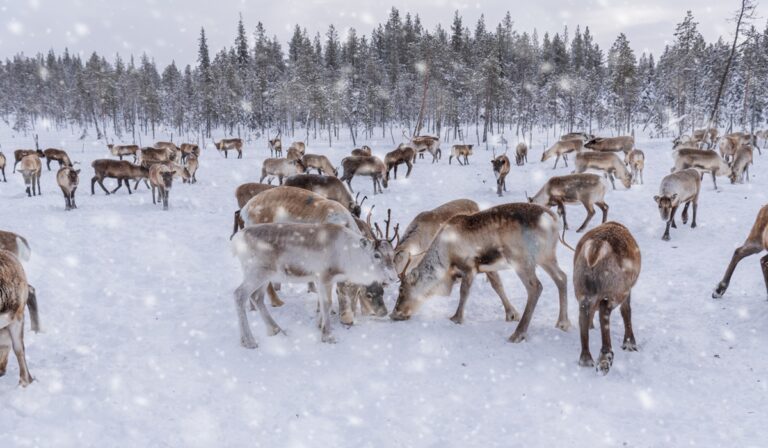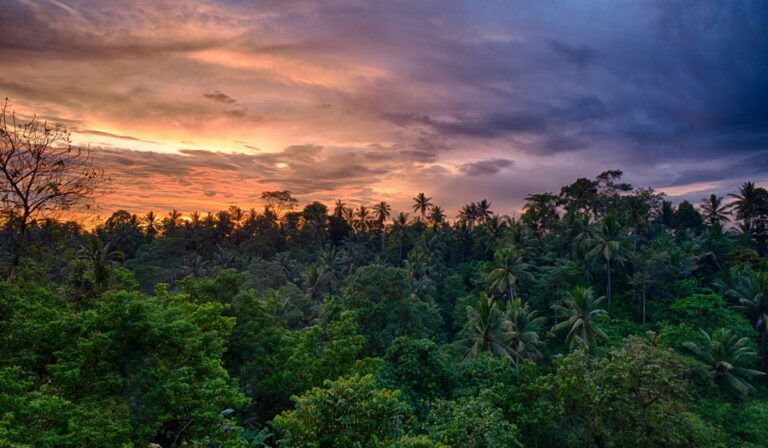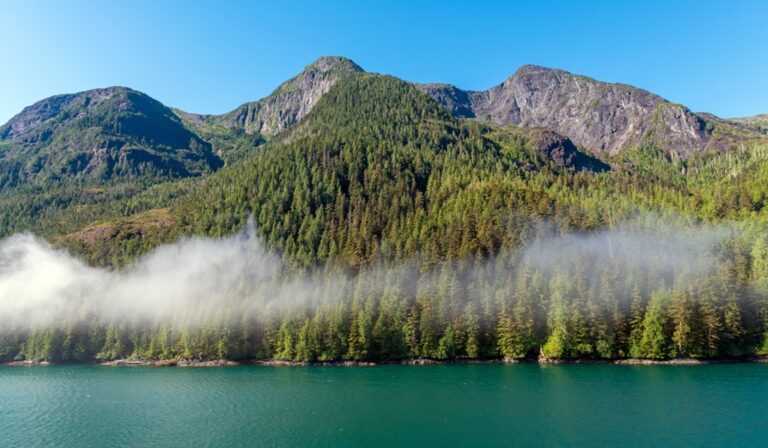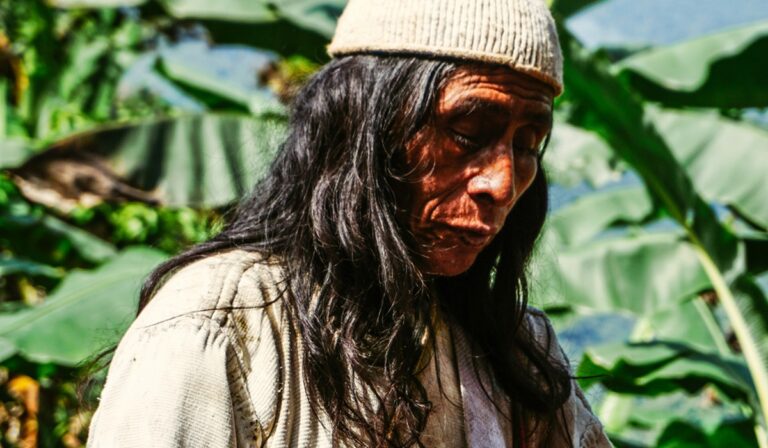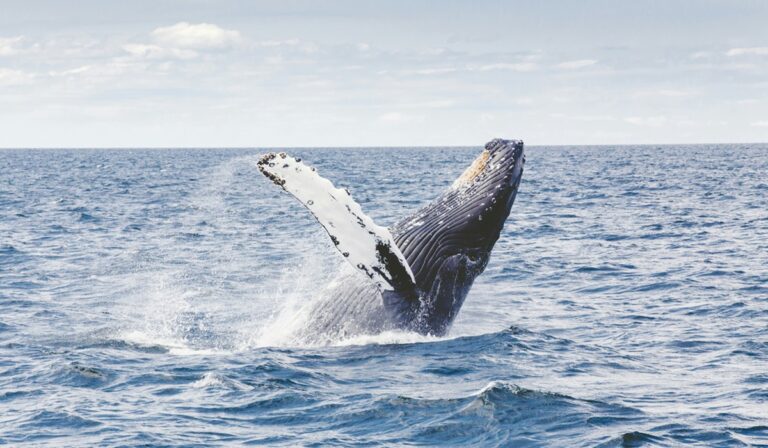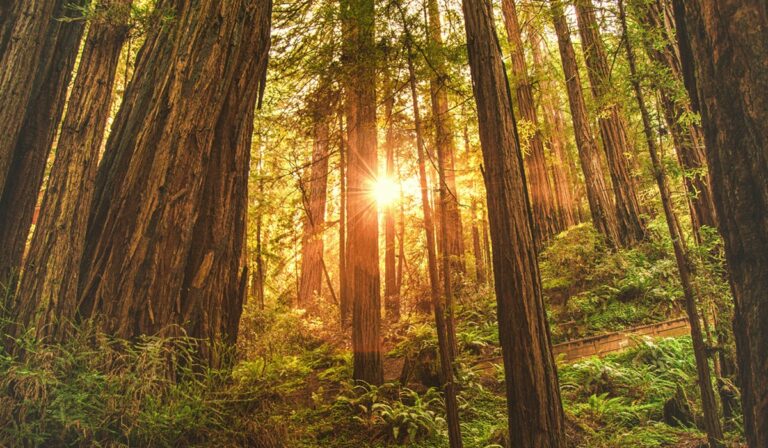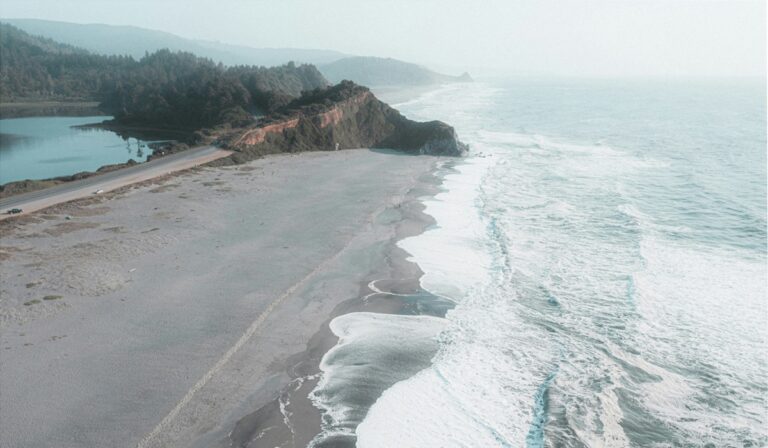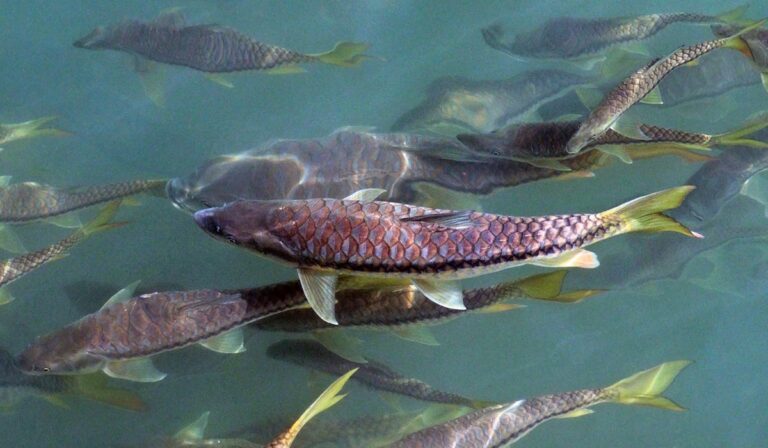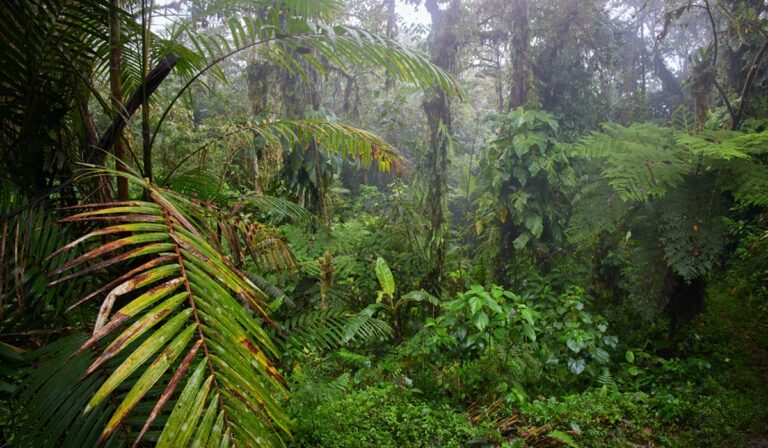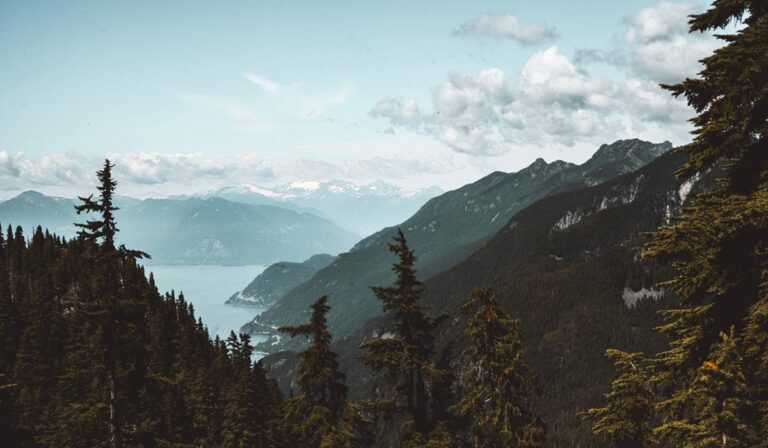Inuvialuit people and Canadian governments sign deal to create massive new conservation area
The Inuvialuit and the Canadian federal and Yukon governments have signed a new conservation agreement to ensure greater protection for more than 2 million acres of the Yukon’s northeast coast, 1.8% of Yukon’s landmass. The agreement provides protection and conservation of wildlife such as the Porcupine caribou herd, polar bears, and migratory birds. It will also help preserve and promote traditional use amongst Inuvialuit mostly living in Aklavik and Inuvik in the Northwest Territories who access the area.

